A recently published report from the Alberta Law Foundation examines gaps in access to justice for newcomers and immigrants in Alberta. The report explores the practicability of a newcomer legal services fund aimed at supporting the legal needs of newcomers in the province.
The report highlights several important findings:
- Newcomers and immigrants in Alberta face various access to justice barriers related to language and cultural misunderstandings, inconsistent service provision, complex legal systems and limited multilingual services.
- Newcomers and immigrants in Alberta face various legal challenges, most commonly in the areas of immigration, family, housing, and employment law. Many people face additional challenges rooted in discrimination, human rights issues, and a lack of understanding of their legal rights and obligations.
- Service providers face several obstacles to meeting the legal needs of newcomers and immigrants, including limited funding, overworked staff, and insufficient training in trauma-informed care and cultural competency.
The Legal Needs of Newcomers in Alberta: Final Report is written by Kristen Seipp. The report is available in English here: https://albertalawfoundation.org/wp-content/uploads/2025/03/Legal-Needs-of-Newcomers-_Final-Report_Alberta-Law-Foundation.pdf.










